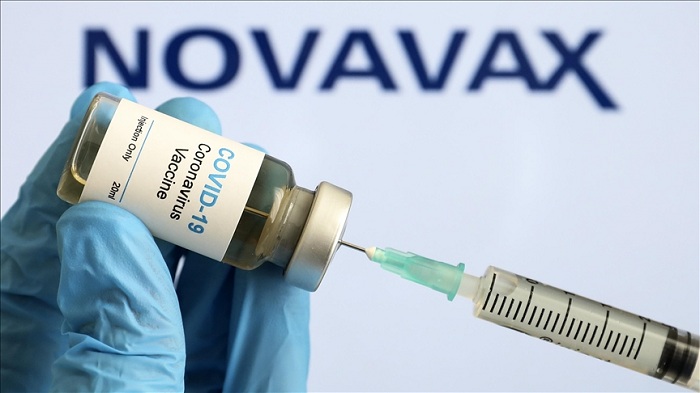As infections in the U.S. continue to be at high levels, the Food and Drug Administration on 13th July approved a fourth vaccination for COVID-19 prevention, authorising Novavax’s coronavirus jab for emergency use in adults. The Maryland-based drugmaker’s early results on the shot’s efficacy were released more than a year ago, and the FDA’s approval came one month after a panel of outside consultants to the agency supported its usage.
According to Peter Marks, director of the FDA office that analyses vaccinations, Novavax’s vaccine provides an additional option for adults and adds more vaccine to the COVID-19 vaccine inventory for the United States. Recently, the United States purchased 3.2 million doses of the injection.
Health experts fear that Novavax’s vaccine, which is the first to be approved in the United States and uses an older protein-based technology, may attract some people who are wary of the mRNA strategy employed by Moderna as well as by Pfizer and BioNTech. Only people who have never previously had the COVID-19 vaccine are approved for the dose, though. Only a small portion of Americans over the age of 18 who are eligible to receive Novavax’s injection remain, as over 77% of adults in the country have already received two doses of the vaccine.
While this is going on, Moderna and Pfizer are working on booster shots to counteract decreasing immunity in those who have received all of their vaccinations, the usage for which Novavax’s shot is ineligible. Each of the newer injections being developed by Moderna and Pfizer has components that address omicron. But given that the FDA has requested that developers customise their upcoming boosters to newer strains of the variant that are extensively circulating, those vaccines might need to be changed once more.
The omicron-targeting booster is also being developed by Novavax, but it is lagging behind. Clinical data is what the business anticipates having in September. The administration had hoped to launch a fresh promotional effort in the autumn.
Nevertheless, Novavax views the FDA’s approval as a major victory because it is the 35-year-old company’s first U.S. authorization despite having incurred losses of more than $3 billion over that time.
The business gained its first regulatory approval in Indonesia last November, and the US government and the global non-profit organisation CEPI awarded it $1.4 billion in funding over two years to advance the development of its vaccine. The Novavax vaccine deployment target of mid-2021 was missed due to manufacturing and quality-related setbacks.
The approval of Novavax was based on findings from a sizable Phase 3 study that demonstrated how well the vaccine lowered COVID-19 cases when compared to a placebo by 90%. The virus strains in circulation in 2021, as opposed to the dominant omicron subvariants now in circulation, were resistant to that effectiveness.
On that premise, several experts have questioned Novavax’s vaccine, but the company’s chief medical officer pointed to laboratory testing demonstrating a potent immune reaction to omicron while addressing an FDA expert group in June.
Myocarditis, a type of heart inflammation, is a side effect that is mentioned in the FDA’s prescription material for Novavax’s vaccine, despite the fact that it only sometimes happened in the company’s trial subjects. Infrequent occurrences of myocarditis have also been linked to both Moderna’s and Pfizer’s vaccinations; this topic was discussed at the June meeting of the advisory committee for Novavax’s shot.




















